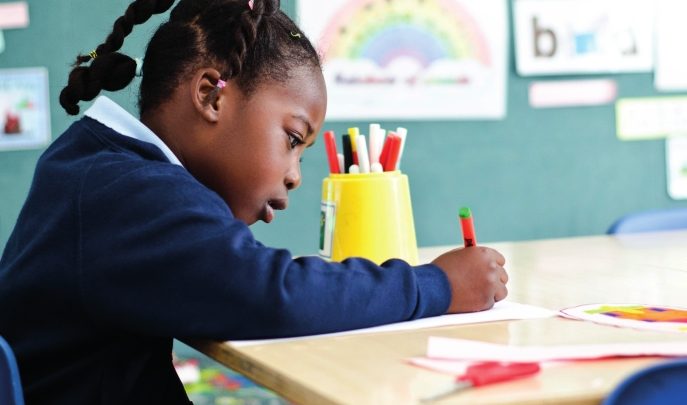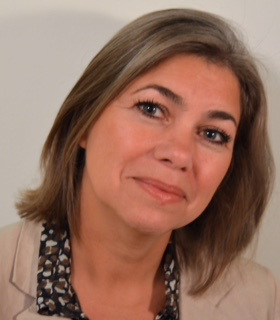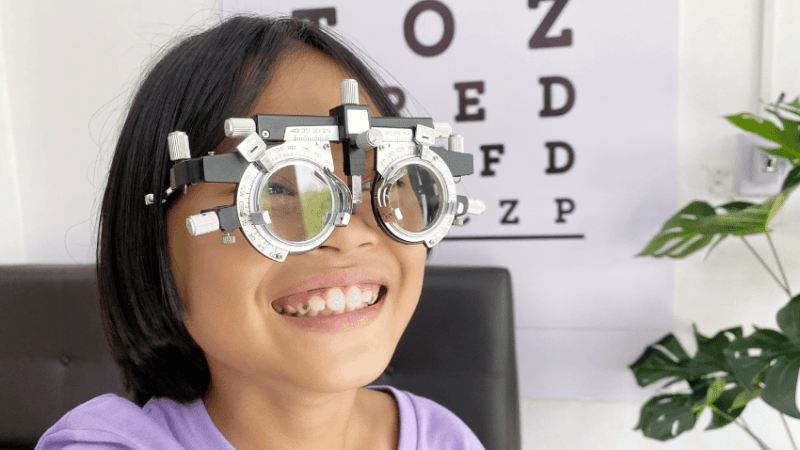Why Successful SEND Programmes Begin With Emotional Support

Amanda Godfrey explains how teaching children about their feelings can help close social and academic gaps between pupils with SEN and their peers

The best way for schools to provide the right provision and care for children with SEN – whether diagnosed or not, temporary or permanent – often starts with identifying the level of requirement for emotional support, because this tends to be at the root of everything we do as human beings, regardless of our level of ability to learn. On that basis, a truly successful SEN programme must rest on a whole-school approach that nurtures and develops the whole child.
Providing emotional support is at the centre of everything we do at the Spiral Partnership Trust, where I am executive head; but it becomes a particularly important issue for those children whose development may be delayed or disrupted for any number of reasons. Children’s emotional wellbeing is paramount to their progress in all other areas. It is one of the basic needs that must be met to ensure that children are able to learn effectively – with or without additional support. In short, whether a child has SEN or not, they need to be emotionally safe and happy if they are to get the best educational start in life.
Wholly focused
Schools like ours, with a PSHE core curriculum approach, teach children about emotional intelligence and how to recognise their own feelings and those of others through specific lessons i.e. the PSHE curriculum – as well as ad hoc throughout the day in every area of the school and via all of the interactions the children are having. Whole school assemblies, which set the direction for pedagogical activity, are loosely based on an agreed set of learning behaviours but are adapted to meet the needs of the children at the time, including those with SEN.
Individual schools can be better prepared for providing additional support where needed if the overall approach is centred around being aware and understanding the importance of the different ways that children learn. Staff must be trained to recognise that there is no black and white or rigid way of developing understanding; young children need to be taught about emotions and feelings whatever their capabilities, and schools must adapt how they communicate and teach those life skills to the individual child.
Classrooms should be places where children feel safe and secure regardless of their academic abilities and that is most definitely about creating a positive whole school ethos. Pupils need to be able to talk to adults and feel they are being listened to – and indeed, ‘heard’. Teachers and staff must be approachable and nurturing. Communication with parents is also essential to support the emotional development of their child, especially where SEN are involved.
Growth through nurture
In early years education we believe that all children need to be taught about their emotional development regardless of variations in maturity, disability and home life. However, it goes without saying that some young people are more vulnerable than others and as well as pastoral help, these individuals will need more support with additional interventions, involving parents as well.
Nurturing in early childhood plays a significant part in helping to form children’s emotional resilience. This is a vital element of learning and development for a child with SEN, who might lack confidence or feel they don’t fit in. All children need to develop their emotional intelligence and self-awareness in school and at home, but those who may have experienced trauma, have SEN or are delayed for some other reason, are likely to require extra support from the school in this regard, and parents must be engaged as far as possible in the entire process.
Sometimes it takes time to work out what the emotional gap is, if it is masked by other additional needs or conditions. But we need to work together as a whole school, and with families and other professionals, to ‘unpick’ these underlying issues and come together to support the child and implement the best strategies to help them thrive. Effective provision stems from the entire staff body understanding and modelling the inclusive school ethos and practice. All staff within the Spiral Partnership Trust recognise their responsibility is wider than just their own class, and that they must pull together with their colleagues, as a team, to support all children – which is what we mean by a whole school effort.
Trending
Support strategies
Whole school rules and routines help children to understand boundaries and feel safe and ready for learning. Simple strategies, such as coming in from the playground quietly and calmly, or finishing a football match 15 minutes before the end of lunchtime to give the teams an opportunity to be debriefed before coming in to learn, can have a dramatic impact. Again, a learner with SEN may not arrive in class when they are expected to, and they may not always be the quietest child in the room; they may also display characteristics associated with panic, fear or anger. But our teachers are encouraged to use mindfulness and visualisation to support those children that struggle with instructions or routine. Exercise and regular physical activity also help all children to be in a positive place for learning.
Various therapies can make a significant impact on getting children ready to learn. At our schools, we work with Counselling in Schools who provide a play therapist once a week, and our children’s support worker is trained in drawing and talking therapy. Sometimes, a child only needs to get something off their chest to feel better. In other circumstances, and for children with SEN, it may take a longer, more structured period of time.
Insecurity and fear are huge barriers to learning. They stop children from taking risks and trying new things, which can be a common trait in children with SEN. Greater encouragement and support is therefore needed to ensure those pupils make good progress in their learning. Being trained in Protective Behaviours techniques will help staff throughout the school to better support anxious, risk-averse youngsters.
We believe that children need to be taught to clear the emotional clutter from their minds and make space for learning. To this end we have created an intervention called Make Room for Learning, which endeavors to empower children to be able to leave their ‘baggage’ outside the classroom and build the confidence and self-esteem they need to learn. Of course, for children with SEN, schools need to create an approach or tactic that is manageable and digestible.
Finally, focusing explicitly on making mistakes and recognising them as opportunities to learn and grow, not as failures, has made an enormous difference in our children’s resilience and for young people with SEN. This is a vital part of learning to feel comfortable with the decisions they make; recognising that just because we don’t all think the same way, this doesn’t make the way that they are thinking, wrong.
Spiral Partnership Trust (spiral. herts.sch.uk) is a community of schools working together to make a positive difference to children’s lives.
About the author
Amanda Godfrey is executive head at the Spiral Partnership Trust











